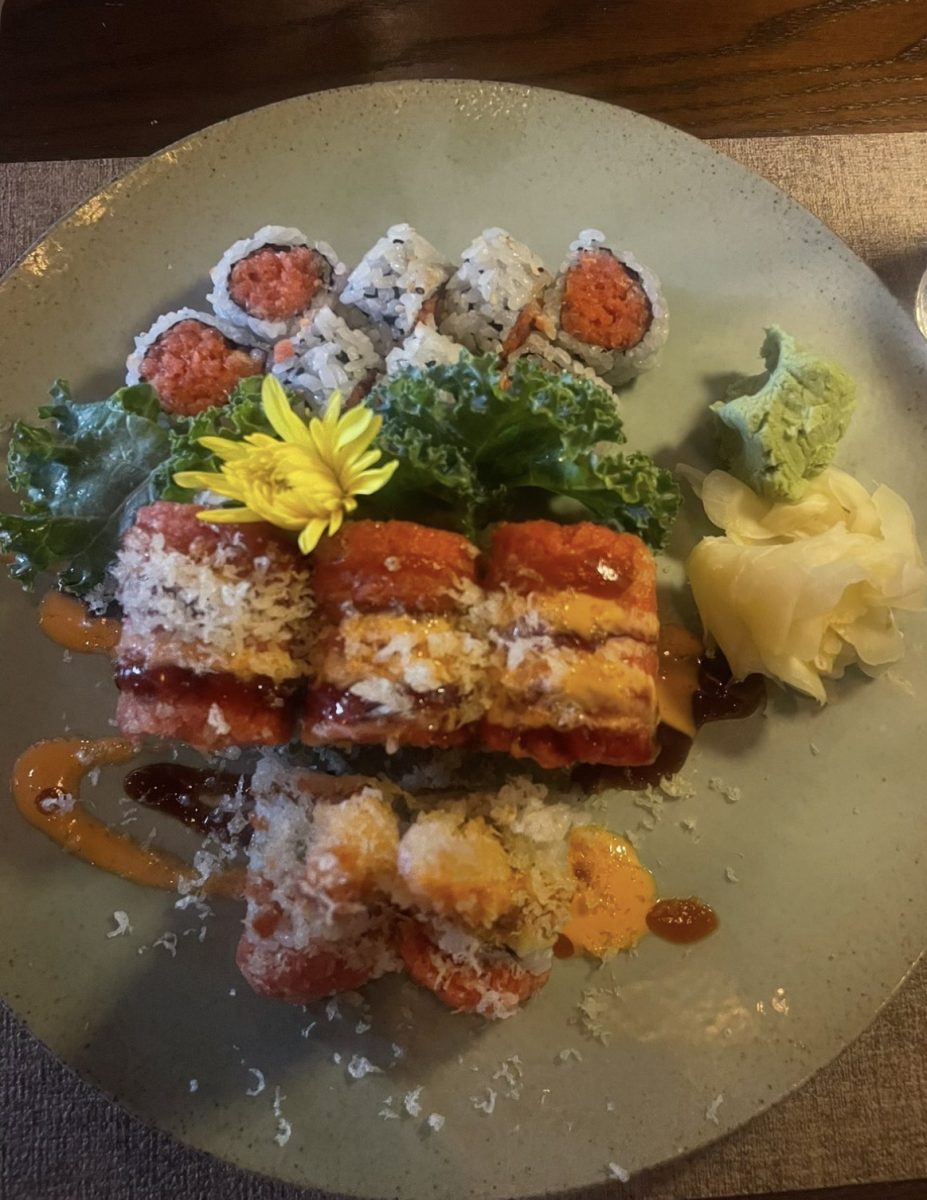
Imagine feeling a sense of belonging and community among people you have not met before. This is something Muslims feel every day with their fellow Muslims. Unsurprisingly, that feeling grows exponentially during the holy month of Ramadan, during which observants fast from dawn to sunset. Between fasting and prayer, Muslims gather together with friends, family, and strangers to fulfill their religious obligations.
Everyone has a favorite food, but not everyone has a favorite meal. For Muslims around the world, however, iftar-—the meal that breaks their fast-is usually a top pick. Even so, Ramadan focuses less on worldly food and instead emphasizes food for the soul, which is often neglected in today’s modern world. What are some examples of food for the soul? Examples could be standing for the night prayer, giving charity to those in need, feeding our neighbors, and, in general, avoiding natural human desires. Even some non-observing Muslims try to increase their good acts during the blessed month with these actions.
Ramadan draws to a close on April 8. To acknowledge this month as a time of spiritual reflection and growth, the LM Muslim Student Association (MSA) held daily events in room 327 for Muslims around the school to participate in the club events. Instead of going to lunch, many members of the MSA engaged in activities like Arabic calligraphy and trivia as well as discussions and lectures.
To explore the unique traditions and observances celebrated by LM students during Ramadan, I spoke to members of the MSA, who offered insights into their experiences and the significance of Ramadan within their community.
What’s your favorite thing to eat for iftar?
Yezen Ferguson ’27: Fuul bread and lamb.
Maryam Khan ’26: Dates.
Haya Gazey ’27: Koosa.
How many glasses of water do you normally drink for suhoor (pre-dawn meal)?
Yezen Ferguson: Three.
Maryam Khan: 1.5 water bottles.
Haya Gazey: Two.
What is your go-to masjid or mosque (the Islamic place of prayer)?
Yezen Ferguson: Montgomery Masjid.
Maryam Khan: Bawa.
Haya Gazey: Germantown.
What’s your favorite part of Ramadan?
Yezen Ferguson: Eid [the religious holiday that comes after the month].
Maryam Khan: The community aspect.
Haya Gazey: The happiness and purity of Ramadan.
Do you have any Ramadan traditions that are unique to your family or community?
Yezen Ferguson: We have a family friend [who is a] chef who comes over and cooks every Eid.
Maryam Khan: Making rice crispy treats with my Dad.
Haya Gazey: We have soup before our big meal.
How did you balance schoolwork and religious observances?
Yezen Ferguson: My religion comes first and then education.
Maryam Khan: I did my work after Iftar and after suhoor when my mind is in the right state.
Haya Gazey: I don’t.




